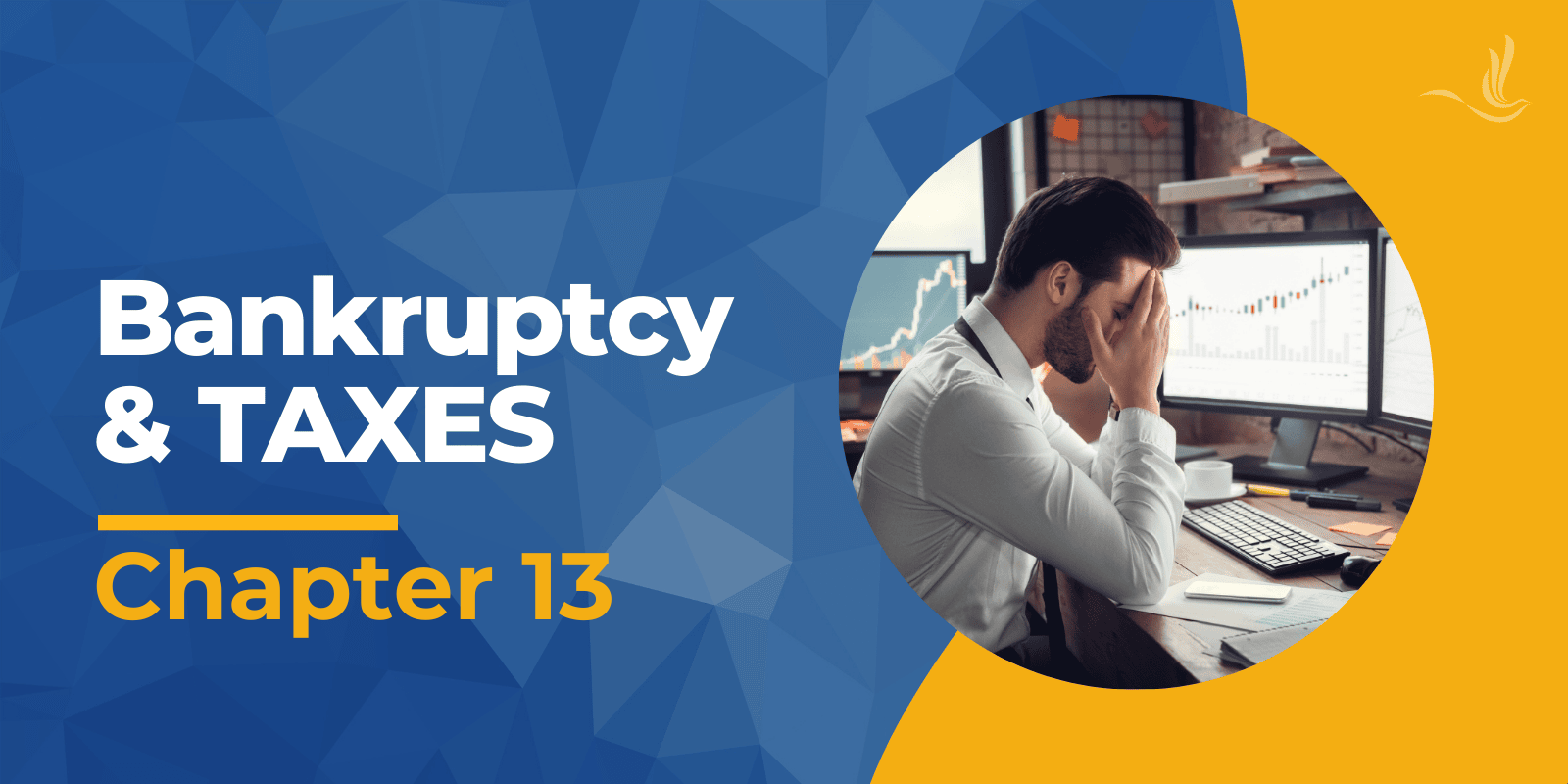
We are told that filing for bankruptcy should be the very last resort when dealing with extreme financial hardship. This is because it has long-term effects. For example, it will leave a negative impact on your credit score for up to 10 years. It will result in decreased access to credit, loss of assets, and sometimes forfeiture of tax refunds. In addition, bankruptcies are public information, so employers, customers, family, and just about anyone can access this information. Filing for bankruptcy must be a calculated decision and one that takes all factors into consideration, including the tax implications. In this blog article, we’ll look at the tax consequences of Chapter 13 bankruptcy and provide useful information to help individuals and companies make informed decisions.
What is Chapter 13 bankruptcy?
Chapter 13 bankruptcy is often known as the wage earner’s bankruptcy, including self-employed individuals and sole proprietors. This is because it is for those who have income but have fallen behind on payments for items purchased on credit. In Chapter 13 bankruptcy, your debts are reorganized, and a payment plan is established. A court-appointed trustee will supervise you and collect and distribute your payments. As long as you satisfy the terms of the repayment plan issued by the bankruptcy court, you should be allowed to keep your house after Chapter 13 bankruptcy. Under Chapter 13, you have 3-5 years to pay off your obligations while devoting all of your disposable income to debt repayment. That implies simple living. However, the Chapter 13 option allows you to erase unsecured debt, such as credit card bills, while catching up on home payments.
What happens to tax debt after filing for Chapter 11 bankruptcy?
Tax debts cannot usually be discharged (wiped away) in Chapter 13 bankruptcy. You instead repay your tax debts over the course of your Chapter 13 repayment plan. This could take three or five years. Typically, during bankruptcy, debts will be classified as priority or nonpriority. These tax debts need to be paid in full during the repayment period. This can include income taxes, FICA, some employment taxes, penalties, and others. On the other hand, nonpriority debts are usually combined with unsecured debts you have, such as credit card debt. These are the debts that are likely to be settled with creditors for less than what you owe. However, if you still have remaining taxes due when your repayment period ends, you must pay them in full. Any outstanding tax debts will not be discharged, and you will be obligated to pay them.
Filing Tax Returns After Bankruptcy
Like the other two chapters, it is imperative that you still pay your taxes while in Chapter 13. It is critical to keep up with your tax duties during your bankruptcy process, including timely filing of tax returns and payment of any taxes owed by the due date. While in bankruptcy, you can technically still receive tax refunds. However, they might be delayed or utilized to pay off tax debts.
Tax Help for Bankruptcy Filers
It can be difficult to pay taxes while in Chapter 13 bankruptcy. You may confront a variety of difficulties. Some examples are managing all payments, paying down interest and penalties on your tax debt, changing your repayment plan to incorporate tax liabilities if it hasn’t been done already. Taking care of both tax payments and overdue tax bills during Chapter 13 can be overwhelming, but it really is crucial to not only understand your tax obligations but also figure out how to manage your debt during your repayment plan. Rest assured, working with experienced bankruptcy lawyers and tax professionals can help mitigate the situation and help you successfully navigate the bankruptcy process. If you need tax help, Optima Tax Relief is here.
Contact Us Today for a Free Consultation